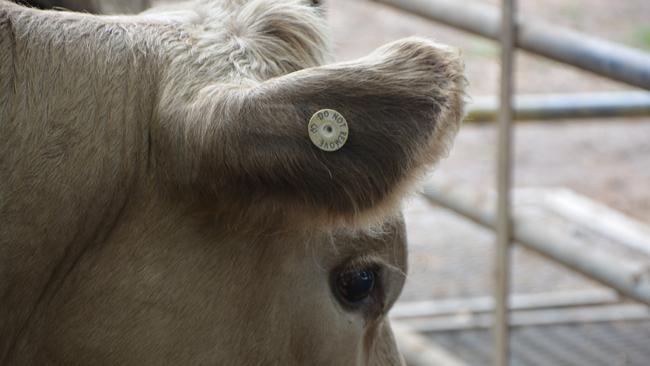VFF loses power: Farmers lose rights on livestock stamp duty spend
Beef, sheep, goat, pig and honey producers will soon lose the right to oversee the spending of more than $40 million of industry funds.

The Victorian Farmers Federation has been stripped of its power to nominate half the members of the state’s livestock compensation advisory committees, overseeing more than $40 million in mainly cattle and sheep producers’ stamp duty funds.
The sidelining of the VFF comes as the stamp duty sheep producers pay into their compensation fund triples from 12 cents a head in 2020 to 35 cents a head from January 1 next year.
Farmers fear the VFF’s sidelining will open opportunities for the Victorian Government to drain the fund, which has grown from $19.68 million in 2015 to $40.2 million.
“They’ve always wanted to kick us out and control the money,” former Cattle Compensation Fund Committee chairman Chris Wallace-Smith said. “It’s disappointing (but) they’ve been working on this for some time.”
VFF members of the committees have played a crucial role in the past, advocating for the funds to be used in subsidising the cost of electronic identification tags ($3.9 million allocated in 2020), biosecurity extension on farm and in saleyards, knackery surveillance and disease investigations.
When asked why the Andrews Government had stripped VFF members of their rights, Agriculture Minister Gayle Tierney said: “appointments to these committees will continue to draw on the critical skills, experience and representation of Victorian livestock producers and the agricultural sector”.
Under amendments that come into effect on Saturday, even the Victorian Apiarists Association and VFF Pig Group no longer have the right to nominate half the members of their respective Apicultural Industry Advisory Committee and Swine Industry Projects Advisory Committee.
The move to strip farmers of their rights follows earlier reforms that freed up how the compensation funding could be spent.
Up until 2019 legislation limited the government and industry groups to withdrawing interest earned on the disease compensation funds each year.
But under the Primary Industries Legislation Amendment Bill 2019, then Agriculture Minister Jaala Pulford removed that restriction, telling parliament it would “enable the capital in these funds (rather than only the interest earned on capital) to be spent on projects and programs benefiting the respective industries”.
Up until now the Act had stated the Minister must appoint three “persons nominated by prescribed persons or bodies that represent the industry”, which the regulations state is the VFF or in the case of beekeepers the Victorian Apiarists Association.
But from Saturday amendments to the Act come into effect that state all compensation advisory committees will be expanded to “a maximum of 9 members appointed by the Minister after considering any recommendations of the Secretary and having regard to each appointee’s experience in one or more of the following areas:
RELEVANT and allied industries (the industry relevant to the particular committee — cattle, sheep and goats, pigs or apiculture)
BIOSECURITY or market access
QUALITY assurance and food safety
FINANCE, legal practice or business management
AGRICULTURAL, animal or veterinary science;
PUBLIC policy
ANY other area the Minister considers relevant to the functions of the Committee.
VFF president Emma Germano said the federation had opposed the move, given the risk of the committees being stacked with government appointees and farmers losing control of their funds.
Ms Germano said all the federation had received in response to its concerns was a letter from the former Agriculture Minister Mary-Anne Thomas reassuring the VFF that “grassroots” farmers would still sit on the committees.




